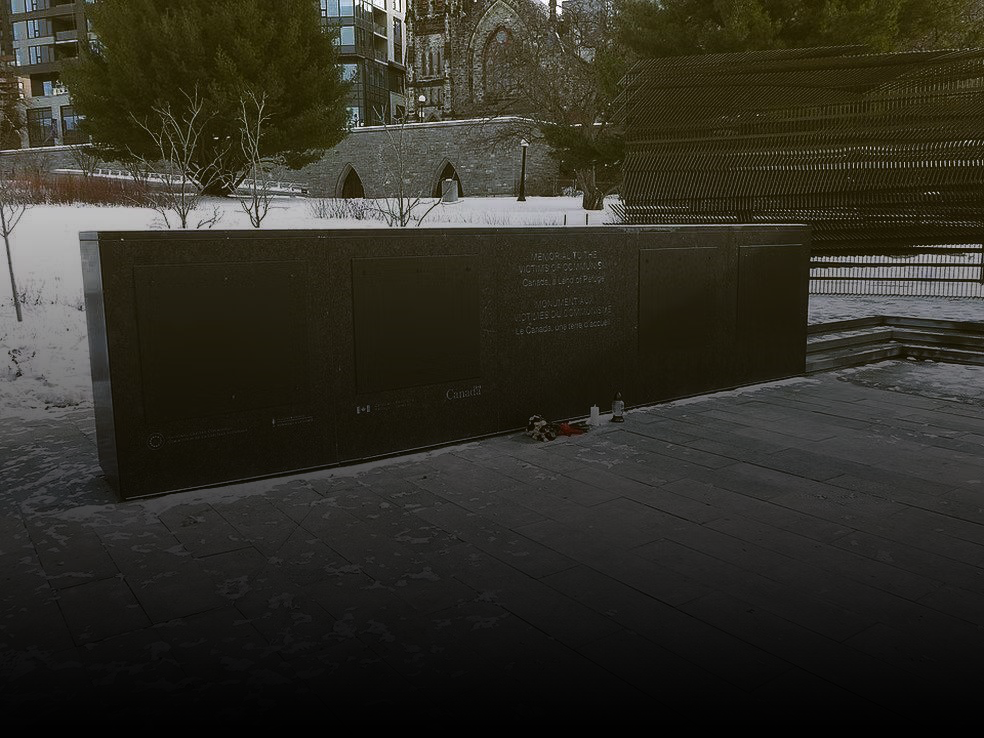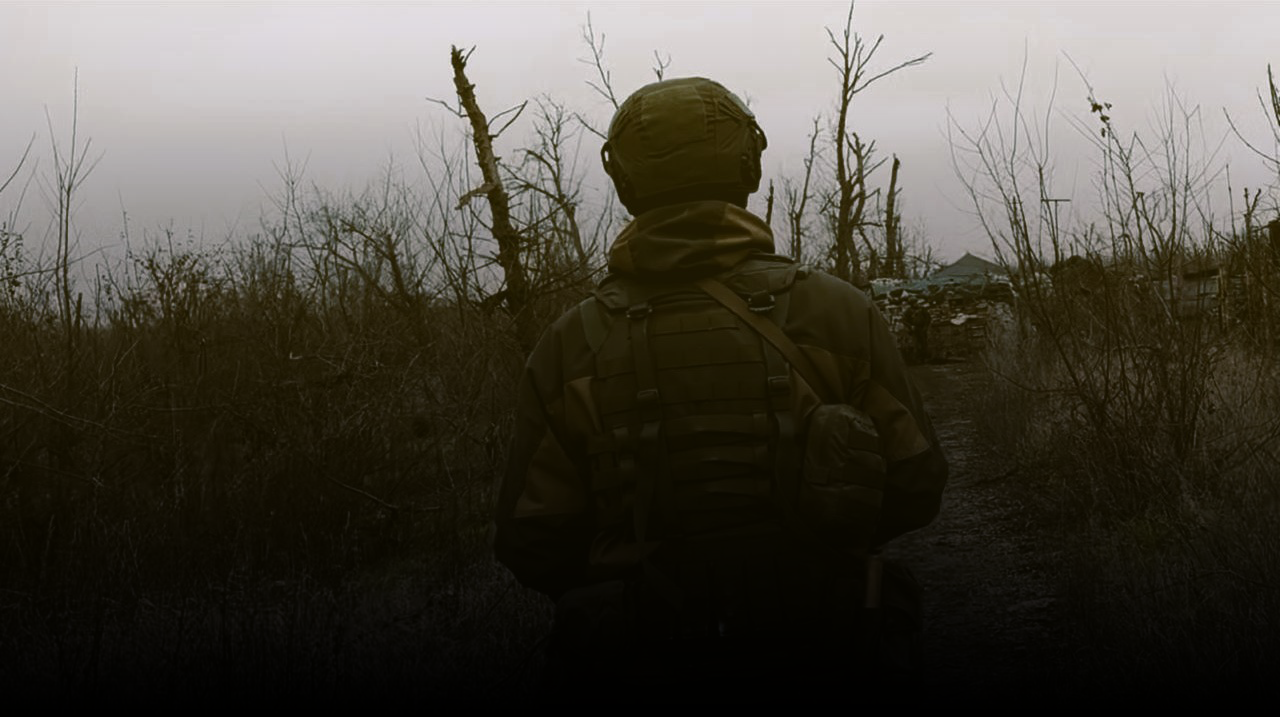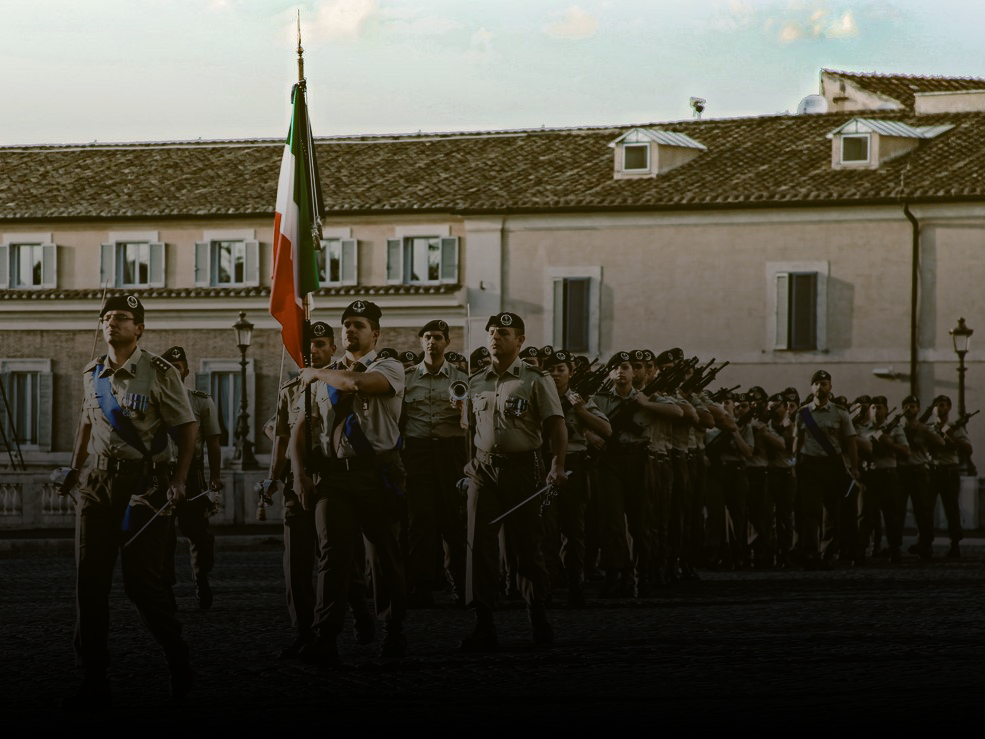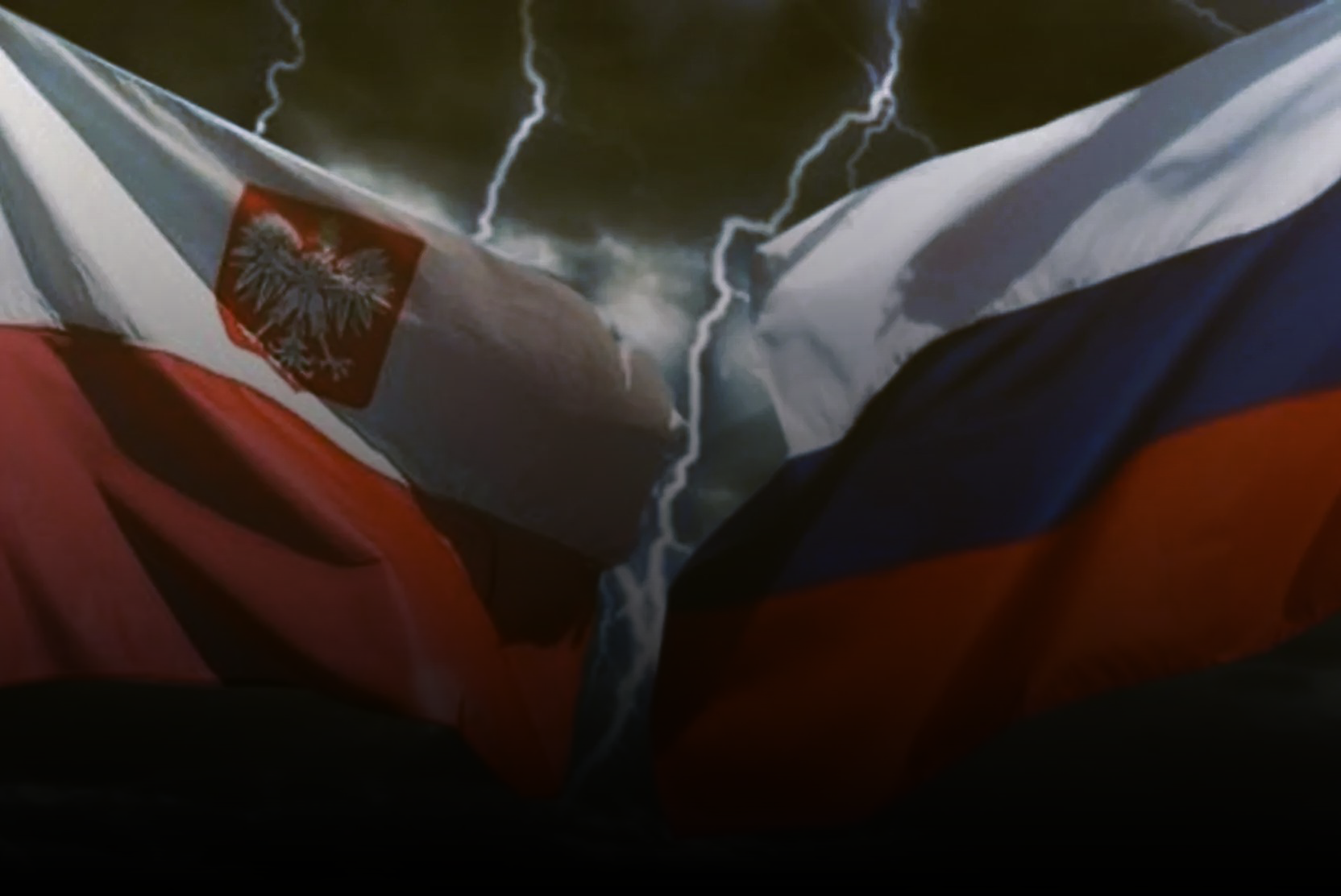Russia Recognizes DPR and LPR – 02/21/2022
On February 21, 2022, the heads of the DPR and LPR officially appealed to Vladimir Putin to recognize their independence. That same day, an expanded meeting of the Russian Security Council was held, during which the request received unanimous support.
In the evening, Vladimir Putin delivered a televised address to the Russian people, announcing that the Russian Federation recognizes the DPR and LPR as independent states.
On February 22, the treaties were ratified by Russia and unanimously by both republics. The treaty ratification exchange ceremony between Russia and the republics took place at the Russian Ministry of Foreign Affairs on February 25.
RUSSIAN MEDIA
RIA Novosti explained the reasoning behind the President’s decision to recognize the republics: “The decision to recognize the Donetsk and Lugansk People’s Republics was driven by Russia’s desire to protect the people who live there. For almost eight years, they defended their right to speak their native language, to honor their own—not imposed—heroes, and to live peacefully and freely rather than merely survive.”
TASS framed the news under the headline: “Recognition of Donbass and a warning to Kyiv. What Putin said in his address to the Russian people.”
Vesti.ru ran the story under the headline: “An attack on all things Russian: Ukraine left Russia no choice”—announcing the recognition of the republics.
RT Russian focused on geopolitical reactions, currency fluctuations, and economic outlook: “Financial market participants responded cautiously to the news of Russia recognizing the DPR and LPR. Market volatility and exchange rate swings may continue in the near future,” said Nikita Maslennikov, head of the Finance and Economics division at the Institute of Contemporary Development, in an interview with RT.”
Izvestia reported how the republics celebrated the signing of the decrees by President Vladimir Putin on February 21: “Fireworks lit up the skies over the Donetsk and Lugansk People’s Republics (DPR and LPR) as news broke of the Russian President’s signature recognizing their independence.”
Interfax provided a comprehensive overview of the appeals from the unrecognized republics to the Russian President, the signing of the decrees, and the international response: “Most foreign leaders reacted sharply negatively to Putin’s decision to recognize the DPR and LPR. However, it appears Russia will, for now, avoid the severe sanctions Western countries threatened in the event of an invasion.”
Regional outlet CrimeaInform shared reactions from Crimean officials:
- “Aksyonov called Russia’s recognition of the DPR and LPR the only possible solution.”
- “Speaker of Crimea’s State Council says recognition of the DPR and LPR marks the beginning of the end for Ukraine.”
Donetsk News Agency (DAN) captured the mood in the DPR with headlines such as: - “PUTIN ANNOUNCES DECISION TO RECOGNIZE INDEPENDENCE OF DPR AND LPR”
- “DPR Expects ‘Parade of Recognitions’ of Donbass Republics”
- “Donetsk Residents Celebrate Recognition of DPR with Fireworks, Silence Falls on the Frontline”
Lugansk Information Center (LIC) published the full text of the recognition decree, a statement by LPR head Leonid Pasechnik: “We’ve waited for this moment for eight long years—twice as long as the Soviet people waited for victory in the Great Patriotic War. Our hopes and dreams have come true: the Lugansk People’s Republic is recognized by the most powerful and great country in the world—Russia!”
They also published his message of gratitude to the President and reports on local celebrations: “Lugansk residents mark recognition of DPR and LPR by the Russian President with a car rally” and “Fireworks in honor of LPR independence recognition lit up the sky in Lugansk”.
Western Media (Europe and the US)
The Guardian explored the implications in its article “What would Russian recognition of breakaway Ukraine regions mean?” — explaining the nature of the territories, the impact on the Minsk peace process, how the West might respond, and comparisons to past recognitions of separatist regions by Russia.
The Telegraph briefly mentioned the recognition, noting: “Several European leaders said Russian troops had entered rebel-held areas in eastern Ukraine after President Vladimir Putin recognized their independence, but some clarified this did not yet constitute the long-feared full-scale invasion.”
The New York Times emphasized the military implications: “On Monday night, Russian state television showed Mr. Putin signing decrees recognizing the so-called Donetsk and Lugansk People’s Republics and ordering the Russian Defense Ministry to deploy troops there to perform ‘peacekeeping functions.’”
Le Figaro called the recognition “a decisive step toward war and a departure from diplomacy.”
La Repubblica covered developments throughout the day, quoting Putin: “Russia recognizes the independence of the separatist republics.” The Kremlin leader signed the decrees alongside two pro-Russian leaders and warned Kyiv not to take action against the two regions.
La Razon (Spain) framed the event as part of Putin’s imperial strategy: “The most dangerous aspect isn’t the recognition of separatists, but that Putin has effectively declared Russia’s right to use force anywhere in the world to defend Russian speakers.”
Delfi.lt (Lithuania) highlighted European reactions: “Olaf Scholz and Emmanuel Macron expressed disappointment over the decision, but reaffirmed their commitment to continued dialogue.”
Ukrainian Media
UNIAN covered the response of Zelensky and EU leaders: “President Volodymyr Zelensky has already discussed the decision with U.S. President Joe Biden and plans to speak with UK Prime Minister Boris Johnson. Europe has already condemned the recognition of the so-called LPR/DPR as a violation of international law and Ukraine’s territorial integrity.”
Ukrainska Pravda quoted Putin’s speech and described what preceded the recognition: “In his address, the president of the aggressor state launched into a historical narrative with his traditional mantra about a ‘single people’ and claims that Ukraine was ‘created by Lenin.’ As usual, Putin invoked propaganda clichés about a ‘bloody coup in 2014,’ the ‘rampage of radicalism,’ and ‘Western military buildup,’ among others.”









